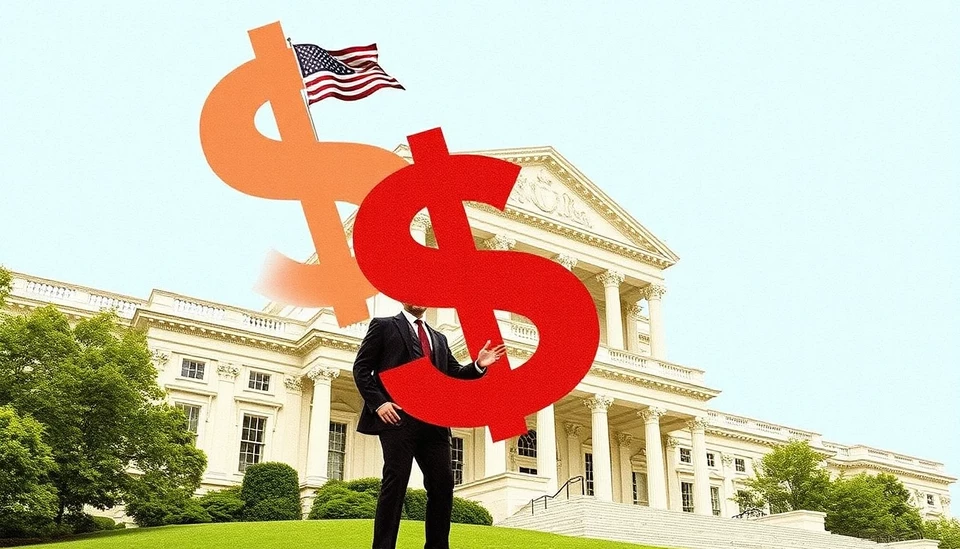
In a significant financial policy move, a proposed millionaire tax is projected to generate approximately $400 billion in revenue over the next decade. This newly introduced taxation framework aims to target the wealthiest individuals in the United States, seeking to redress economic inequality and bolster federal funding for various social programs.
Supporters of the millionaire tax assert that it is a necessary step toward ensuring that the wealthiest Americans contribute a fairer share to the nation's budget, especially as the economic disparity continues to widen. With the top 1% of earners accumulating a substantial portion of the nation’s wealth in recent years, this proposal is gaining traction among lawmakers and economic analysts alike.
Details regarding the structure of the tax indicate that it would specifically target households with wealth exceeding $5 million. Under this framework, these high-net-worth individuals would face increased taxation, with rates climbing in accordance with their overall wealth. The funds generated from this tax are earmarked for vital initiatives, including healthcare, education, and climate change efforts, aiming to uplift middle- and lower-income citizens.
Economic experts predict that the revenue generated from the millionaire tax will not only help offset the federal deficit but also reinvest in critical public services that have suffered from years of budget cuts. Advocates argue that fair taxation can stimulate economic growth by enhancing consumer spending in the middle class and alleviating poverty levels through expanded social programs.
However, the proposal hasn’t been without controversy. Opponents argue that imposing higher taxes on the wealthy could deter investment and savings, ultimately slowing economic growth. Critics warn that the tax might lead to increased tax avoidance strategies among millionaires, undermining the expected revenue boosts. Some have also raised concerns that the implementation of this tax could lead to a brain drain, where affluent individuals relocate to more tax-friendly regions.
Nonetheless, Democrats in Congress are pushing for swift action on the proposal. They are emphasizing the importance of wealth redistribution, particularly as America continues to recover from the economic fallout of the pandemic. With bipartisan discussions on taxation intensifying, the future of the millionaire tax remains a hot topic in the upcoming legislative sessions.
As discussions around wealth inequality and fiscal responsibility spark heated debates across the country, this proposed millionaire tax stands as a pivotal point in the ongoing struggle for economic fairness in the United States.
#MillionaireTax #WealthInequality #EconomicPolicy #TaxReform #SocialPrograms
Author: Rachel Greene
